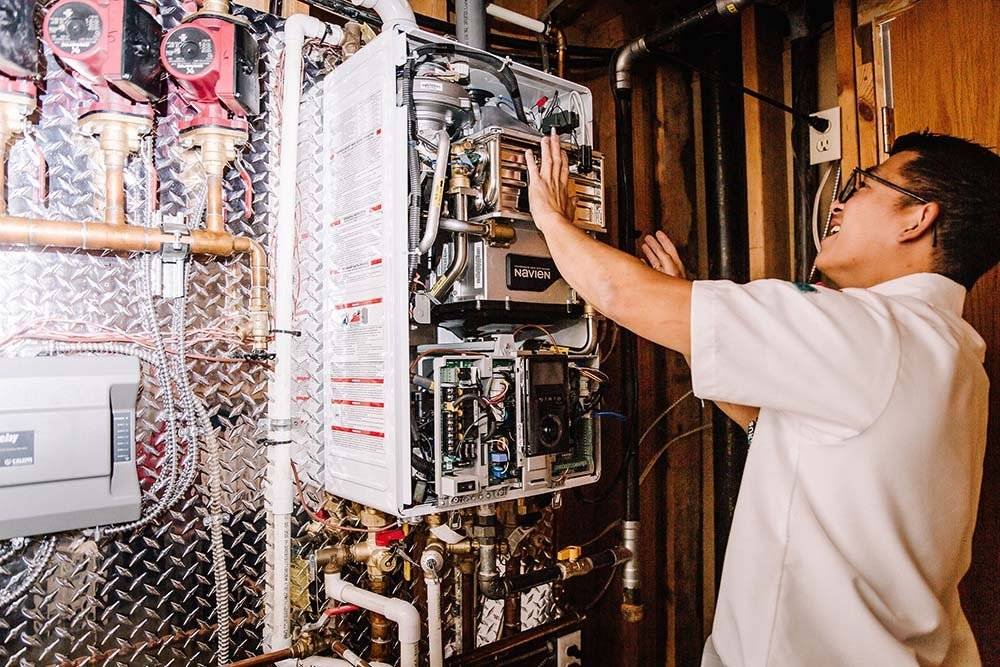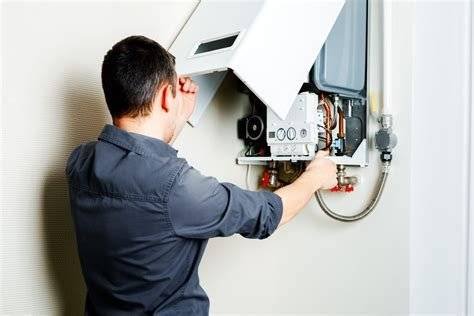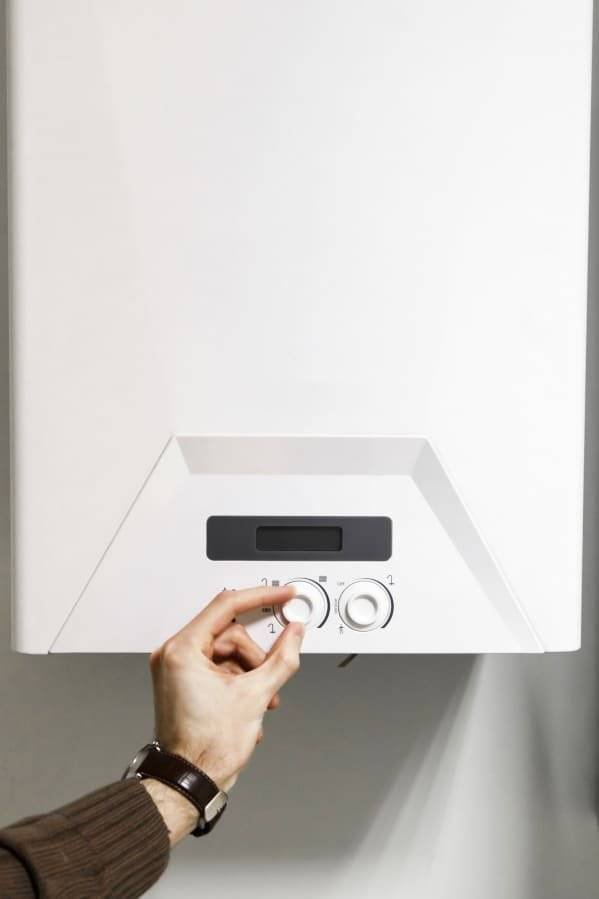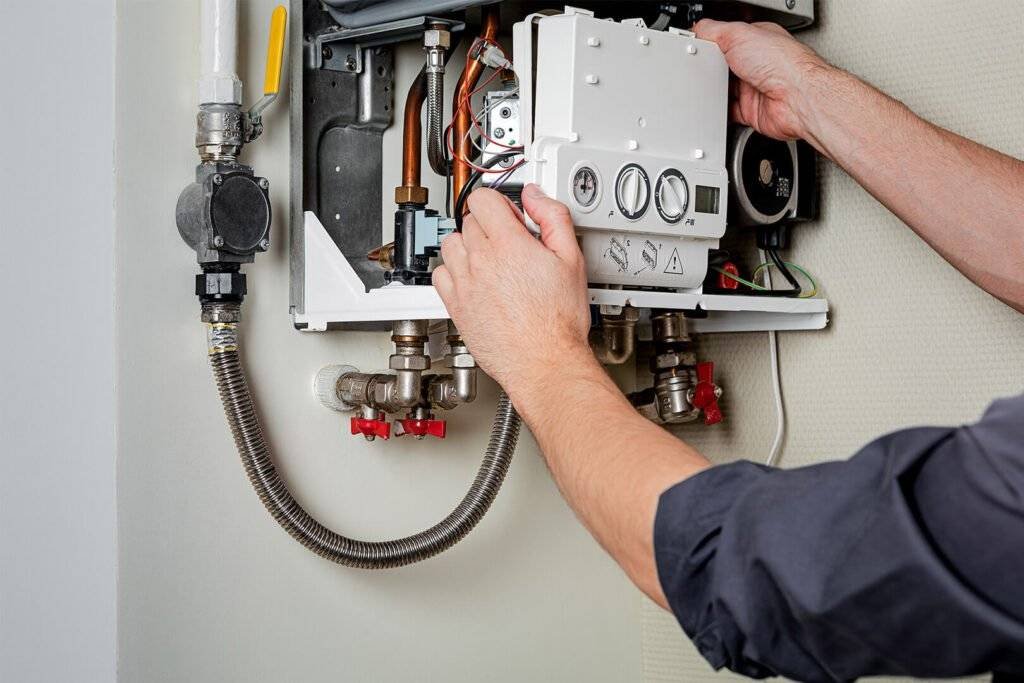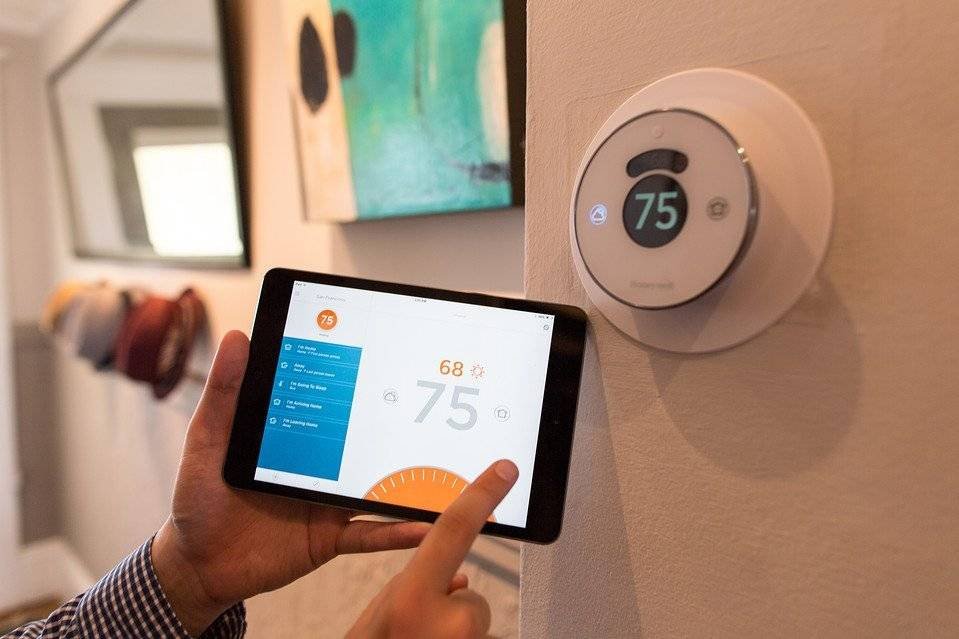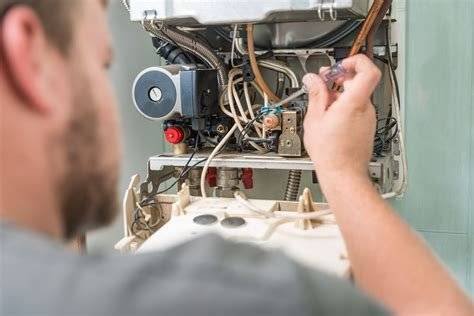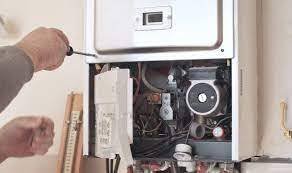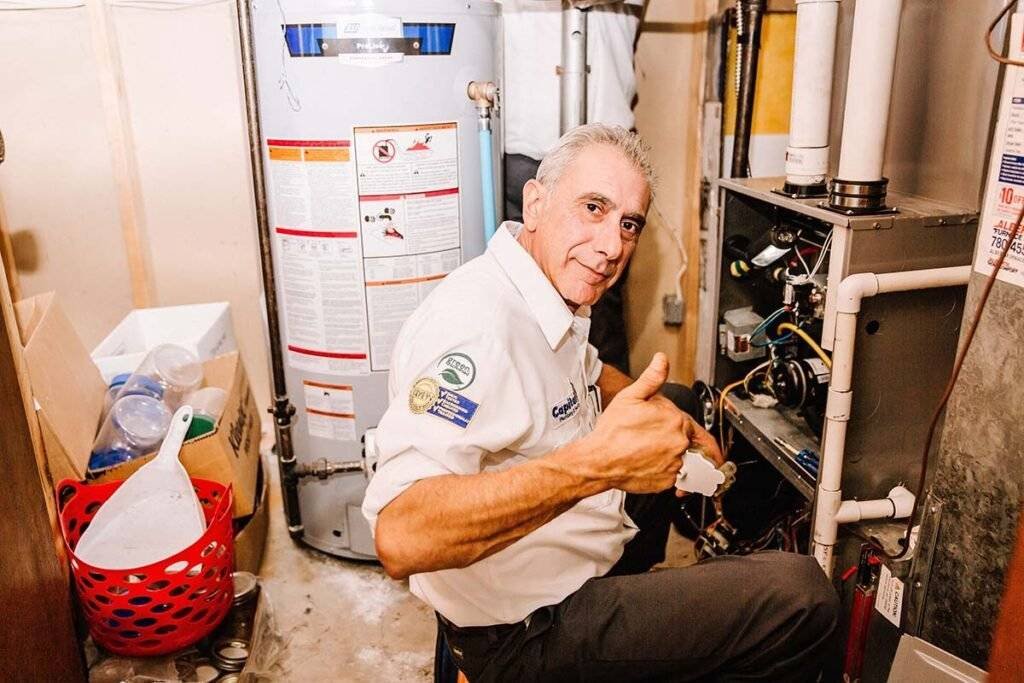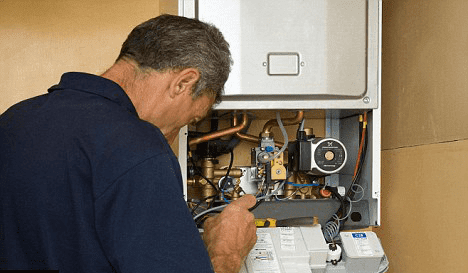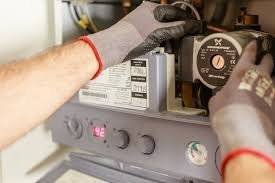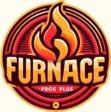Furnace Installation Stony Plain - Your Trusted Heating Specialists
Furnace Pros Plus is your reliable partner for all your heating requires. With years of experience, we concentrate on delivering superior heating services to keep your home warm and comfy. Our team of skilled technicians dedicate themselves to supplying specialist heating system setup, upkeep, and repair services. We understand the value of an appropriately functioning heater, especially during the cooler months. We prioritize performance, cost, and customer satisfaction in every job (big or small). Whether you require a brand-new heating system, a routine check-up, or emergency repairs, rely on Furnace Pros Plus for reputable and effective heating services that ensure comfort and convenience.
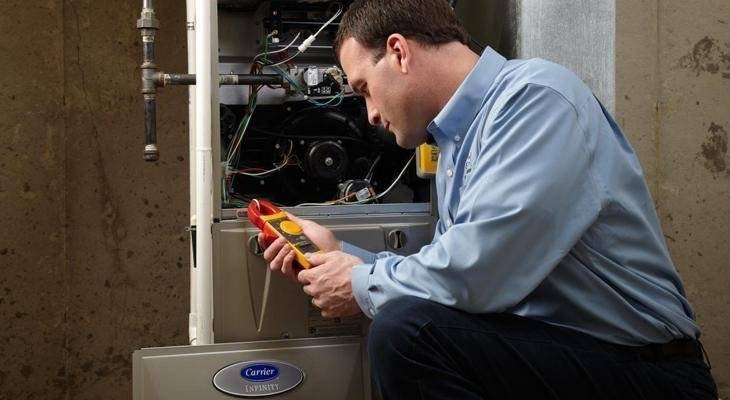
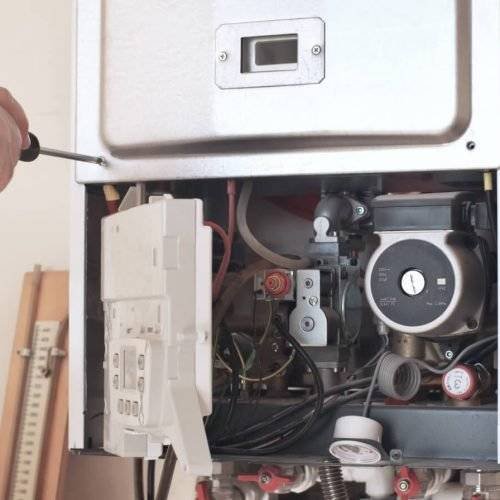
Who Are We?
Residential Heating Installations & Repairs
At Furnace Pros Plus, we are Stony Plain’s premier location for all your domestic heating system installations. With a commitment to quality and a passion for ensuring your indoor benefit, we are reputable name in the heating & cooling market.
Got a heater emergency? Contact us 24/7 at (587) 409-5683
For several years, we have dedicated ourselves to using superior heating system installations, maintenance, and repairs to house owners in Stony Plain. Our team of exceptionally skilled technicians boasts comprehensive experience and understanding in managing a variety of heating units, making us the go-to experts in Alberta.
Associating with heating system services, we take pride in offering effective and reputable services, tailoring our services to your specific requirements. If you require a brand-new heater for your home, our team will ensure a smooth installation that guarantees your home stays comfy and warm.
Regular tuneups is vital to the durability and efficiency of your heater, and we provide detailed tune-up techniques to keep your system running smoothly. Our committed specialists conduct comprehensive evaluations, identifying and handling any possible issues without delay.
In times of unexpected breakdowns, our swift and effective repair services are here to save you from the cold. We understand the seriousness of heating emergencies and are readily standing by to supply immediate assistance.
At Furnace Pros Plus, we are more than merely a heating company; we are your partners in producing a comfy and warm environment for your home in Stony Plain. Trust us for extraordinary service, quality craftsmanship, and a commitment to your full satisfaction. Your comfort is our concern, and we anticipate serving you.
How can we help you?
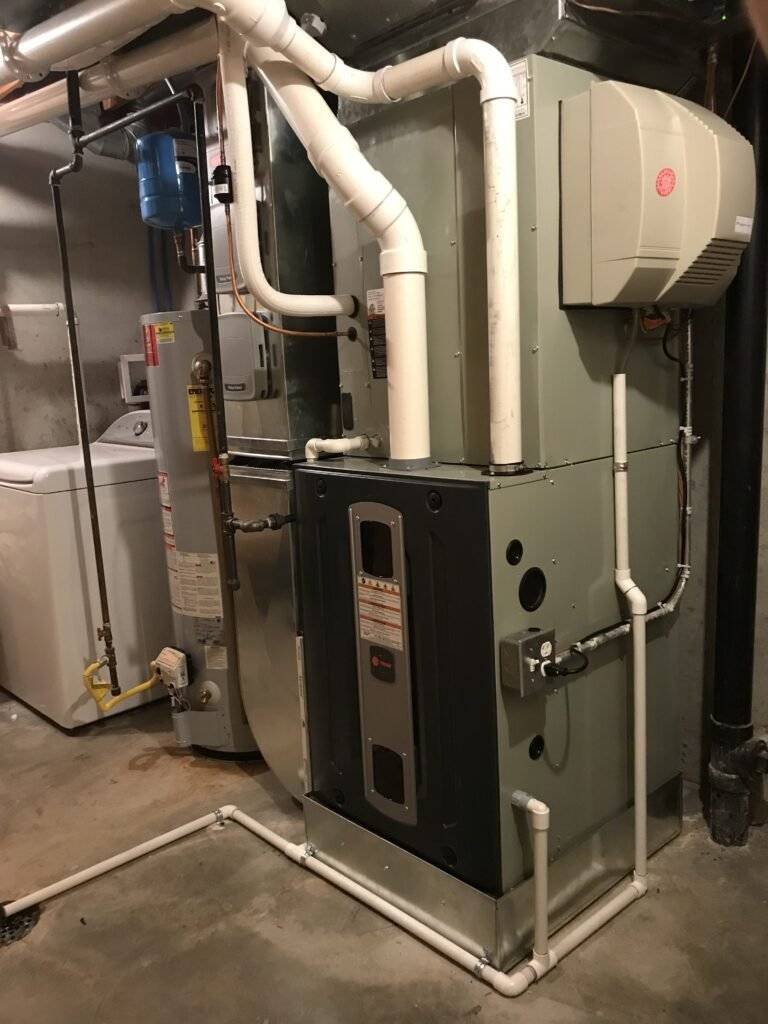
Comprehending the Cost of Installing a New Furnace
Intro
A functioning heating system is essential when it pertains to preserving a comfortable and warm home during the cooler months. Nevertheless, there comes a time when setting up a brand-new heating system is inescapable.
Comprehending the costs associated with this process is vital for homeowners to plan and spending plan accordingly. This comprehensive guide checks out the different elements affecting the expense of setting up a brand-new heating system.
Elements Influencing Furnace Installation Costs
Type of Heating system:
- Gas Heaters: Popular for their performance, they usually cost more in advance but offer lower operating costs.
- Electric Furnaces: They are less costly than gas heating systems. Nevertheless, electric designs tend to have higher functional costs due to electricity prices.
- Oil Heaters: These are less common and can be more costly due to the expense of oil.
Furnace Size and Capacity
- Square Footage: The size of your home directly affects the capability required for the heating system.
- BTU Score: Higher BTU scores relate to more effective heating systems, which can increase the expense.
Performance Ratings
Yearly Fuel Usage Performance (AFUE):
Higher AFUE scores suggest better performance but likewise featured a higher price tag.
Brand name and Quality
Top-tier brand names typically command higher prices due to their track record for quality and durability.
Installation Intricacy
- Existing System: Upgrading from an old system may require additional work and expense.
- Ductwork: The condition and layout of existing ductwork can impact setup complexity.
- Accessibility: Tough access to the setup website can increase labour costs.
Labour Costs
Labour costs differ by area. In addition, the complexity of the setup can influence labour costs.
Additional Costs to Think About
- Permits: Some areas require authorizations for heating system setup.
- Inspections: City laws may require post-installation evaluations for safety compliance.
- Thermostats: Upgrading to a clever thermostat can sustain additional costs.
Typical Cost of Furnace Installation
While prices can differ commonly based upon the elements pointed out above, here are some typical expense ranges for heating system setup:
- Gas Heaters: $2,000 to $5,000.
- Electric Furnaces: $1,000 to $2,500.
- Oil Heaters: $2,500 to $6,000.
These are rough price quotes and can differ based upon specific home requirements.
Cost-Saving Tips.
Research and Compare.
Obtain several quotes from different professionals to ensure competitive rates.
Seek Rebates and Rewards.
Search for energy performance rebates offered by energy companies or government programs.
Think About Long-Term Savings.
Purchasing a more effective heating system can reduce energy costs in time.
Conclusion
Setting up a brand-new heating system is a substantial investment, and understanding the costs involved is essential for any property owner. By considering the type of heating system, setup complexity, labour costs, and additional costs, homeowners can better get ready for this necessary upgrade. Keep in mind to seek several quotes, explore available rebates, and consider long-term energy savings when choosing.
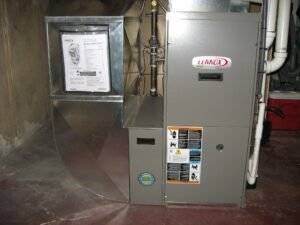
The Right Size Furnace for Your Home: A Comprehensive Guide
Intro
Picking the ideal size heating system for your home is vital for ensuring effective heating and convenience during the cooler months. A heating system that’s too small will not keep your home warm, while one that’s too large can trigger unnecessary energy intake and irregular heating. This guide will assist you identify the perfect heating system size for your home.
Comprehending Furnace Sizing: BTU and Performance
We measure the size of a heater in British Thermal Units (BTU). One BTU is the energy required to raise the temperature of one pound of water by one degree Fahrenheit. When picking a heater, 2 key elements play a role: the BTU rating, indicating the heating system’s heating capability, and its performance rating, determined in Yearly Fuel Usage Performance (AFUE).
Determining Your Home’s Heating Requirements
You must compute your home’s heating requires to identify the appropriate heating system size. The calculation considers elements like square video footage, environment zone, insulation quality, window type, and home layout. Usually, you require roughly 30-60 BTUs per square foot. Nevertheless, this varies based upon your home’s specific characteristics.
Environment Zone and Its Effect On Furnace Size
Your geographical area considerably influences the heating system size needed. Residences in cooler regions, such as [area], require more BTUs per square foot than those in milder climates. Speak with a heating specialist for specific suggestions.
The Function of Home Insulation in Furnace Sizing
Great insulation lowers the quantity of heat loss, meaning you can select a smaller sized heating system. Evaluate your home’s insulation in the walls, attic, and windows. Upgrading insulation can be an economical way to reduce heating requirements.
Considerations for Different Kinds Of Heaters
There are different kinds of heating systems, like gas, electric, and oil. Each type has distinct sizing factors to consider. Gas heating systems are common and effective, electric heating systems are more uncomplicated and much safer but typically more costly to run, and professionals set up oil heating systems where gas isn’t available.
Importance of Professional HVAC Evaluation
A professional a/c assessment is vital. Professionals consider all variables, including ductwork and home layout, to suggest the ideal heating system size. They can carry out a Manual J calculation, the market standard for identifying heating and cooling loads.
Energy Performance and Cost-Effectiveness
Picking a heater with a high AFUE rating is vital for energy performance and expense savings. Modern heating systems have AFUE scores between 80% and 98%, indicating the portion of fuel converted into heating. While high-efficiency heating systems are more costly in advance, they can lead to considerable savings in the long run.
Dealing With Typical Misconceptions About Furnace Sizing
A common misconception is that a bigger heating system is constantly better. Nevertheless, a large heating system can lead to brief biking, where the heating system frequently turns on and off, reducing performance and lifespan. Alternatively, an undersized heating system struggles to heat your home sufficiently.
Long-Term Benefits of the Right-Sized Heating system
Selecting the right-sized heating system has long-term advantages, including constant convenience, lower energy costs, lowered carbon footprint, and fewer upkeep issues. It’s a balance between in advance costs and long-term savings.
Conclusion: Making an Informed Choice
Picking the ideal size heating system is a decision that affects your home’s convenience and energy performance for years to come. By understanding the basics of heating system sizing and seeking professional assistance, you can make an educated choice that guarantees ideal heating for your home.
Keep in mind, the key to an efficient and comfy home depend on picking the ideal heating system and routine upkeep and considering other elements like insulation and environment. With this comprehensive guide, you are well-equipped to pick the perfect heating system for your home, supplying warmth and convenience for numerous winters.
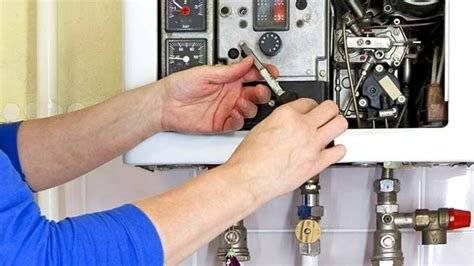
Replace or Repair Furnace: A Broad Guide
Intro
Deciding whether to replace or repair your heating system is a substantial choice for any property owner. The choice affects your immediate convenience and safety and has long-term financial ramifications. This comprehensive guide will explore different elements to consider, assisting you make a notified choice.
Comprehending Your Heating system
Life expectancy and Types
Heaters usually have a lifespan of 15-20 years. The two main types are gas and electric, each with different upkeep and functional costs.
Indications of Problems
Typical signs that your heating system may require attention consist of unusual sounds, inconsistent heating, and increased energy costs.
When to Think About Fixing Your Furnace
Repair is typically the best choice for small issues or heating systems that are reasonably brand-new and still under warranty.
Cost-Effectiveness
Fixing can be more cost-efficient for small issues. Nevertheless, frequent repairs may indicate a deeper issue.
Environmental Impact
Repair work typically have a lower environmental effect than replacing the whole system.
When Replacement is the Very Best Choice
You should consider replacement if your heating system is near completion of its lifespan, repairs are becoming increasingly costly, or if it could be more energy effective.
Long-lasting Cost Savings
While the initial expense is higher, a brand-new heating system can be more energy-efficient, conserving you cash on energy costs.
Technological Developments
Newer designs include innovative technology, such as clever thermostats, which offer better temperature level control and performance.
Weighing Your Choices
Cost Analysis
Compare the expense of repairs in time versus the one-time cost of a brand-new heating system.
Energy Performance
Evaluate how your existing heating system’s performance is affecting your energy costs.
Home Value
Consider how a brand-new heating system may increase the worth of your home, especially if you plan to sell in the future.
Professional Guidance
Seeking Specialist Opinion
Talk to HVAC specialists to assess the state of your existing heating system and get price quotes for repair and replacement.
Importance of Regular Maintenance
Regular upkeep can extend the life of your heating system, whether you decide to repair or replace it.
Conclusion
In conclusion, choosing to repair or replace your heating system depends upon different elements, including age, condition, expense, and energy performance. By considering these elements and seeking professional recommendations, you can decide that guarantees convenience, safety, and financial prudence for your home.
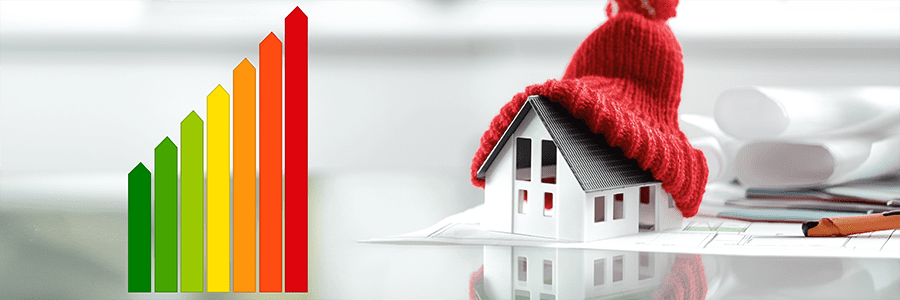
What Time of Year is the Most Affordable to Replace Your Furnace?
Will a Modern Energy-Efficient Furnace Reduce Your Home Insurance?
Intro
Home upkeep can be a substantial investment, especially when it involves vital systems like heating. One of the most substantial costs homeowners deal with is replacing their heating system. Nevertheless, timing this replacement can lead to considerable savings. This short article checks out the best time of year to replace your heating system, considering cost-effectiveness and functionality.
Comprehending Furnace Replacements
The Requirement for Replacement
Before delving into timing, it’s necessary to understand why and when you should replace your heating system. Typical signs consist of frequent repairs, heating ineffectiveness, and the system’s age (generally beyond 15-20 years). Replacing an out-of-date or malfunctioning heating system improves heating performance and guarantees safety and convenience during cooler months.
Elements Influencing Furnace Rates
A number of elements impact heating system prices, including the type of heating system, brand, capability, and the complexity of setup. Seasonal demand is another considerable aspect, typically ignored, yet it plays an essential role in identifying the expense.
Best Time for Replacement: Off-Season
Why Pick Off-Season?
The off-season, mainly spring and early fall, is usually the most inexpensive to replace a heater. The demand for heater is lower during these periods than during the peak winter months. Lower demand typically results in more competitive rates from producers and installers.
Advantages of Off-Season Replacement
- Lower Costs: Minimized demand can lead to discount rates and more consumer working out power.
- Schedule of Technicians: a/c technicians are less busy during these times, ensuring more flexible scheduling and quicker setup.
- Adequate Time for Research: The off-season gives homeowners sufficient time to research study different heating system designs and options without the pressure of immediate need.
Planning Ahead
Using the off-season requires planning. Anticipate the need for replacement and schedule it when the demand is low. This foresight conserves cash and avoids the trouble of a heater breaking down in the middle of winter.
Winter: The Peak Season
Difficulties of Winter Season Replacement
- Higher Rates: The demand for heating system setup and repair peaks during winter, leading to higher prices.
- Busy Schedules: Finding a professional might be more difficult, and you may need to wait longer for a visit.
- Emergency situation Replacements: If your heating system breaks down in winter, you may need to select an immediate replacement, which leaves little space for expense contrast or negotiation.
Other Considerations
Energy Performance and Rebates
Purchasing energy-efficient designs might be more costly in advance but can lead to long-term savings. Also, look out for rebates and tax credits offered for energy-efficient home enhancements.
Importance of Regular Maintenance
Regular upkeep can lengthen the life of your heating system, delaying the need for replacement. It’s a vital aspect of home care that you should take note of.
Conclusion
Timing your heating system replacement can lead to considerable savings. The off-season, especially spring and early fall, is usually the most cost-efficient duration for this investment. Planning, considering energy performance, and preserving your existing heating system can optimize costs and ensure a warm, comfy home.
Intro
Property owners typically consider whether updating their home appliances and systems can lead to savings on their home insurance coverage premiums. One common concern is whether setting up a brand-new heating system reduces home insurance coverage costs. This short article looks into how a brand-new heating system setup may affect your home insurance coverage, using insights into insurance coverage, threat management, and possible savings.
Comprehending Home Insurance Premiums
Before diving into the specifics of heating systems and insurance coverage, it’s vital to understand what elements influence home insurance coverage premiums. Insurance companies assess different elements, including:
- Home Age and Condition: Insurance Representatives see more recent homes with updated systems as lower dangers.
- Location: Geographical area and regional environment can considerably impact insurance coverage rates.
- Security Functions: The existence of alarms, smoke alarm, and other safety gadgets can reduce premiums.
The Impact of a New Furnace on Home Insurance
Setting up a brand-new heating system in your house can have numerous ramifications for your home insurance coverage:
- Minimized Risk of Fire and Gas Leakages: Modern heating systems with innovative safety functions minimize dangers like fire or gas leaks. This threat reduction can be beneficial in the eyes of insurance coverage providers.
- Improved Energy Performance: Newer heating systems are typically more energy-efficient, leading to lower energy costs and a minimized environmental footprint, indirectly impacting insurance coverage factors to consider.
- Improved Home Value: Upgrading to a brand-new heating system can increase your home’s market price, which may impact the protection you require.
Possible Insurance Discount Rates
Some insurer offer discount rates for home enhancements that reduce threat. These may consist of:
- Protective Device Discounts: You may qualify for a discount if your brand-new heating system contains innovative safety functions.
- Green Home Discounts: Some insurance providers offer special discount rates for setting up energy-efficient devices.
Documentation and Appraisal
To utilize a brand-new heating system setup for insurance coverage advantages, consider the following:
- Professional Installation: Ensure a licensed professional installs your heating system, which can be a requirement for insurance coverage advantages.
- Keep Records: Maintain all receipts and paperwork for the heating system purchase and setup.
- Notify Your Insurance Provider: Inform your insurance company about the upgrade. They may require an examination or additional paperwork.
Considerations Before Upgrading
While a brand-new heating system can offer advantages, consider the following:
- Cost vs. Benefit Analysis: Evaluate if the long-term savings on insurance coverage and energy costs validate the initial expense of a brand-new heating system.
- Insurance Policy Review: Talk with your insurance coverage agent to understand how a brand-new heating system may particularly affect your policy.
Conclusion
Upgrading to a brand-new heating system can reduce your home insurance coverage premiums by reducing threat and improving your home’s safety and performance. Nevertheless, the effect varies based upon specific insurance coverage and the specific functions of the heating system. It’s a good idea to seek advice from your insurance coverage supplier to understand the full advantages and ramifications of a brand-new heating system setup.
FAQs
Q: How much can I save on my home insurance coverage by setting up a brand-new heating system?
A: Savings differ based upon the insurance coverage supplier and the specific functions of the brand-new heating system. Talk to your insurance coverage agent for detailed info.
Q: Are there any specific kinds of heating systems that are more beneficial for insurance coverage discount rates?
A: Heaters with innovative safety functions, high energy performance scores, and those that satisfy specific environmental standards are typically more beneficial.
How to Prepare for a Heating System Installation
Setting up a brand-new heating system in your house is a substantial investment and a vital upgrade to your home. It boosts the convenience of your home and improves energy performance. Proper setup preparation is vital to ensure the setup process is smooth and worry-free. This short article will guide you through the necessary actions to get ready for a heater setup.
Comprehending Your Heating Requirements
Examining Your Area: The initial step is to assess the size of your space and understand the heating requirements. A too-large or too-small heating system for your home can lead to ineffectiveness and higher energy costs. Consulting with a heating professional to identify the ideal heating system size is vital.
Picking the Right Furnace: There are different heating systems, including gas, electric, and oil. Each has pros and cons; the choice depends upon your area, spending plan, and personal choice. Research and seek advice from specialists to make a notified choice.
Pre-Installation Preparation
Selecting a Qualified Installer: We can not overstate the value of choosing a certified and experienced installer. Search for specialists with excellent reviews and proper accreditation. They will ensure a correct setup and guide you through the process.
Cleaning the Area: Ensure the location where you plan to set up the heating system is clear of any mess. A clean location supplies easy access to the setup team and speeds up the process. Eliminate any valuable or vulnerable items from the area to prevent accidental damage.
Preparing for Downtime: Depending upon the complexity of the setup, your heater may be down for a couple of hours to a day. Plan accordingly, especially if the setup is during cooler months.
Throughout Installation
Access to Your Home: Ensure the installers have easy access to your home, which includes ensuring that parking is available and a clear course to the heating system area.
Communication: Stay available to answer any concerns the installers may have. Clear interaction can assist resolve any issues quickly and guarantee your setup goes as planned.
Post-Installation Checks
Check the Installation: Once the setup is complete, inspect the work with the installer. Ensure that the setup is complete and that the location is tidy.
Comprehending the System: Have the installer explain the functioning of the brand-new heating system, including how to change filters and the standard troubleshooting actions.
Service warranty and Documentation: Guarantee you get all necessary paperwork, including warranty info and operating handbooks. Keep these files in a safe place for future referral.
Conclusion
Preparing for a heater setup involves understanding your heating requires, picking the ideal heating system, and choosing a certified installer. By following these actions, you can ensure a hassle-free setup process and take pleasure in the convenience and performance of your brand-new heater for years to come. Keep in mind, a little preparation goes a long way in ensuring a smooth and successful heating system setup.
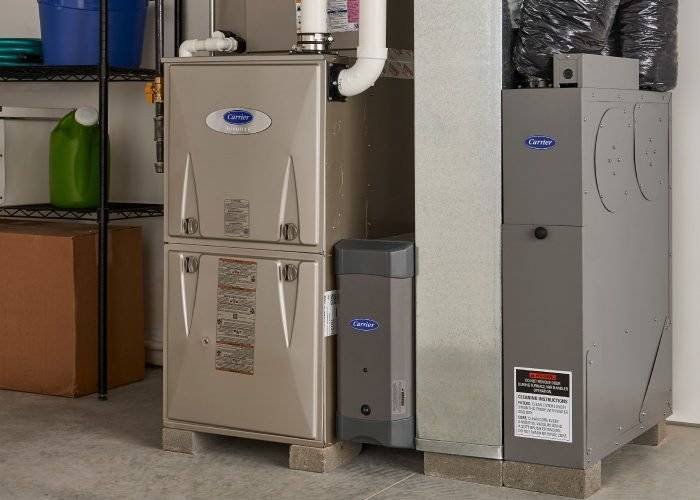
Our Work
